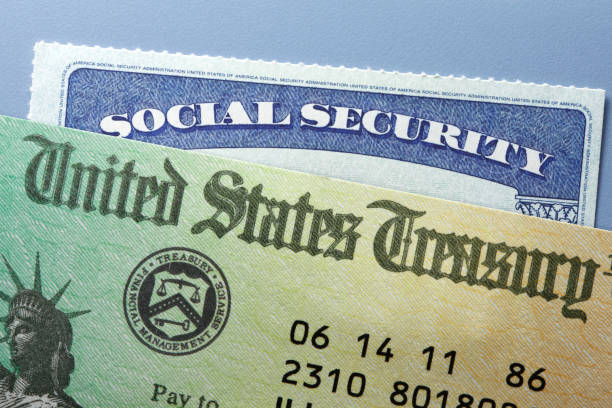Federal Government to End Paper Checks for Social Security Payments Starting September 30

The federal government will stop issuing paper checks for Social Security and other federal benefit payments beginning September 30, as part of a nationwide move to modernize payment systems, reduce fraud, and cut costs.
The shift means more than half a million Social Security recipients—less than 1% of all beneficiaries—must choose a new method to receive their payments. Those affected will need to enroll in direct deposit to a bank account or opt for a prepaid debit card known as Direct Express.
The U.S. Treasury Department and Social Security Administration (SSA) said the change aligns with a government-wide initiative to transition all federal payments—including tax refunds and vendor payments—to electronic delivery. Officials cited cost savings and fraud prevention as key reasons for the move. While it costs about 50 cents to issue a paper check, sending funds electronically costs less than 15 cents.
According to the Treasury Department, paper checks are increasingly targeted in financial fraud schemes. Moving to electronic payments is expected to reduce these risks while improving service for recipients.
Exceptions to the mandate will be made in certain cases. Individuals who are 90 or older, live in remote areas without access to electronic banking, or have mental impairments that prevent them from using digital payment options may qualify for a waiver to continue receiving paper checks.
Recipients who believe they qualify for an exemption must apply through the U.S. Treasury’s Electronic Payment Solution Waiver Line by calling 1-855-290-1545. Waiver applications can also be printed and mailed in.
The SSA said it is proactively contacting beneficiaries who currently receive paper checks to guide them through the transition. Officials emphasized that while the goal is to eliminate paper checks, no beneficiary will be left without access to their benefits.
The push for electronic payments has been ongoing for years, but enforcement of the policy is being ramped up under an executive order aimed at completing the transition by September 30.




